How To Use Baking Soda For Dandruff
Tried-and-tested solutions to get rid of those pesky white flakes effectively.
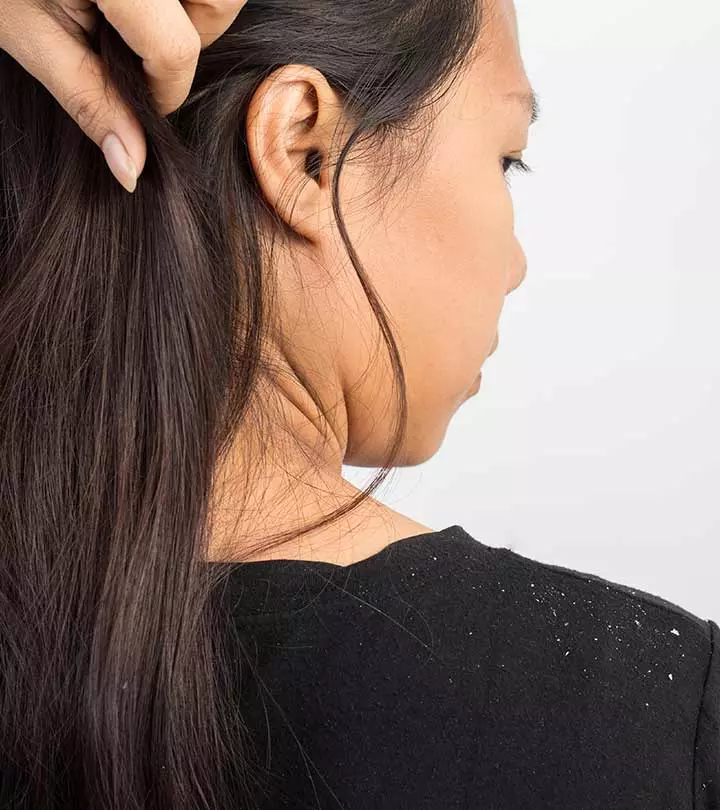
Image: Shutterstock
Dandruff is a common problem that may seem difficult to get rid of. It affects nearly all at one point of life or other. It lowers confidence and takes a toll on hair health. However, it is definitely not untreatable. Using baking soda for dandruff control has been a common practice for ages. But does it work? How can you use baking soda to keep dandruff at bay? Read on to find out!
In This Article
Is Baking Soda Good For Dandruff?
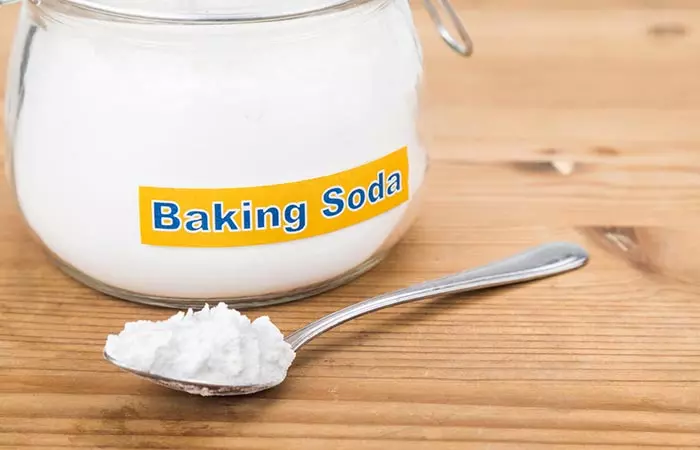
Baking soda is thought to clean the scalp and help get rid of dandruff and flaky scalp. Here are a few of the benefits one may experience after using baking soda for dandruff:
- Baking soda may absorb the excess sebumi An oily substance produced by sebaceous glands which helps moisturize and protect the skin from microbes. produced by the scalp. It may also help wash off the oil and grease on your hair and further help in deep cleansing your scalp.
- Baking soda has antifungal properties (1). Hence, it may treat the fungal infection that is causing dandruff.
- Using baking soda may also calm your scalp, which may help it produce less oil. This may be because it balances the pH of the scalp.
- If you have oily hair, you can use it as a dry shampoo because of its oil-absorbing properties and make it part of your hair care routine.
Note:
The above benefits are based on anecdotal evidence and do not have scientific backing.
You can use baking soda by adding 2-3 tablespoons of it to a cup of lukewarm water. Mix well and apply it to your scalp. Massage gently and leave it on for a minute or two. You can then shampoo your hair as usual.
Apart from using only baking soda, you can also add other ingredients like apple cider vinegar or olive oil to it to make an even more potent remedy for dandruff. Find the details of these combinations below.
Key Takeaways
- Due to its antifungal characteristics, baking soda can help treat dandruff that is brought on by a yeast-like infection.
- Baking soda can absorb extra oil and aid scalp exfoliation.
- Much like a clarifying shampoo, you can apply a mixture made of baking powder and water on the scalp. For optimal results, you have to do it once every week.
How To Use Baking Soda For Dandruff
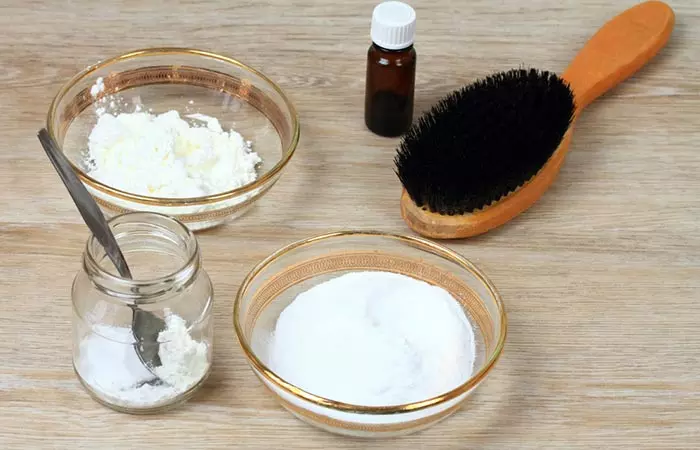
- Apple Cider Vinegar And Baking Soda
- Lemon And Baking Soda
- Olive Oil And Baking Soda
- Coconut Oil And Baking Soda
- Tea Tree Oil And Baking Soda
- Ginger And Baking Soda
1. Apple Cider Vinegar And Baking Soda For Dandruff
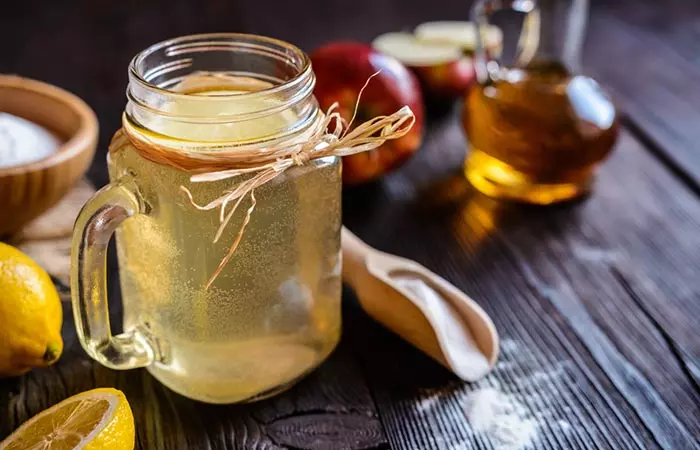
The acidity of the apple cider vinegar (ACV) may balance the alkalinityi A measurement of water's ability to neutralize acids that helps resist changes in pH. It is often measured using sulphuric acid. of the baking soda. This combination may work in conjunction to balance the scalp’s pH. Both baking soda and ACV have antifungal properties (1), (2). This may help get rid of dandruff.
You Will Need
- 2 teaspoons of baking soda
- 2-3 tablespoons of apple cider vinegar
What You Have To Do
- Mix the two ingredients and apply the mixture to the scalp.
- Massage for a minute or two.
- Rinse your hair with cool water.
How Often You Should Do This
Repeat this 2 times a week.
Mellow De Tray, a home and lifestyle blogger, says she and her family have been shampoo-free since 2011 and only use baking soda and ACV for hair care. She shares that she has straight and oily hair while her husband has textured and dandruff-prone hair, and this method works great for the both of them. She writes, “We use a baking soda and water solution for washing, and diluted apple cider vinegar for the conditioning rinse. We are totally happy with the texture and cleanliness of our hair (i).”
Michelle, a natural hair care and lifestyle vlogger, swears by the baking soda and ACV solution for dandruff, buildup, and itchy scalp. She shares, “I literally use no shampoo for this process, just baking soda. It lifted all the build-up, all the dirt (ii).” She breaks down her routine, starting with a baking soda and water solution, rinsing it out, and then applying a diluted ACV solution. She says that her hair felt a little dry after applying the baking soda solution but the ACV balances it out, leaving her hair feeling moisturized and her curls popping.
2. Lemon And Baking Soda For Dandruff
Lemon juice is a natural astringenti An alcohol-based liquid that helps tighten pores and cleanse the skin by removing excess oil and reducing acne flare-ups. and has antifungal properties (3). This may help in getting rid of the fungus-causing dandruff and scalp buildup.
You Will Need
- 2 tablespoons of lemon juice
- 1 1/2 teaspoons of baking soda
What You Have To Do
- Make a thin paste of the ingredients and apply it to the scalp.
- Massage it in and leave it on for 2-3 minutes.
- Wash your hair with cool water.
 Quick Tip
Quick TipHow Often You Should Do This
Do this 2 times a week.
3. Olive Oil And Baking Soda For Dandruff
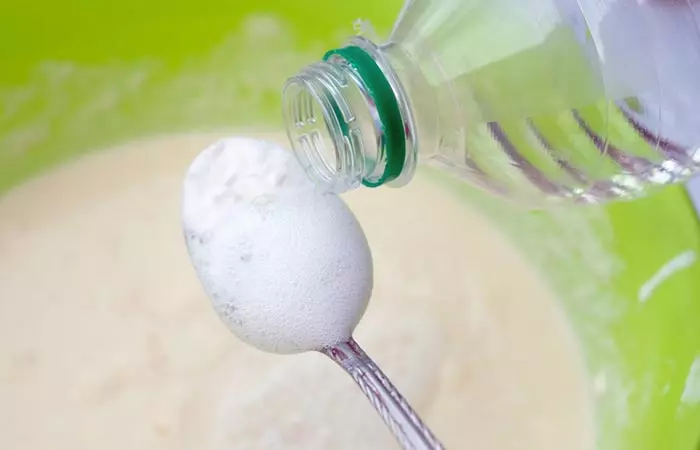
While the baking soda may help remove excess oil and grime and eliminate the fungal infection, olive oil conditions the dry scalp, locks in moisture, and helps in getting rid of dandruff (4). The egg yolk in this hair pack can condition your hair and promote hair growth (5).
You Will Need
- 1 teaspoon of baking soda
- 1 egg yolk
- 1 tablespoon of olive oil
What You Have To Do
- Lightly warm up the olive oil and add it to the egg yolk. Add the baking soda powder to this and mix well.
- Apply this hair pack on the scalp and let it sit for about 20 minutes.
- Rinse with lukewarm water first and then with cool water.
How Often You Should Do This
Apply this 2 times a week.
4. Coconut Oil And Baking Soda For Dandruff
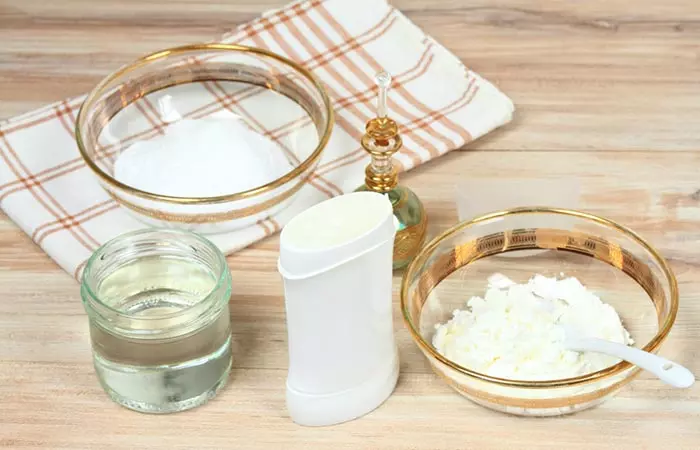
Using coconut oil for dandruff removal is also a common practice. The oil penetrates the hair shaft and reduces protein loss in both damaged and undamaged hair (6). It may also alleviate the dryness and itchiness from the scalp and help keep it moisturized. This can help prevent dandruff. Honey acts as a conditioner and imparts shine and luster to your hair (7). Thus, it helps to improve hair and scalp health significantly.
You Will Need
- 1 1/2 teaspoons of baking soda
- 1 tablespoon of coconut oil
- 1 tablespoon of honey
What You Have To Do
- Add the baking soda and honey to the coconut oil and mix well.
- Apply this baking soda and coconut oil mixture to the scalp and leave it on for 20-30 minutes.
- Rinse your hair as usual.
How Often You Should Do This
Use this hair mask 2 times a week.
5. Tea Tree Oil And Baking Soda For Dandruff
Tea tree oil has antifungal properties that can help in the treatment of dandruff. A study found 5% tea tree oil to be effective in treating dandruff (8). This, in combination with baking soda, can eliminate the dandruff-causing fungi from your hair.
You Will Need
- 2 teaspoons of baking soda
- A few drops of tea tree oil
- 1/2 cup of water
What You Have To Do
- Mix all the ingredients and apply the mixture to the scalp.
- Rinse your hair after 15 minutes.
How Often You Should Do This
Do this 2 times a week until you get relief from dandruff.
6. Ginger And Baking Soda For Dandruff
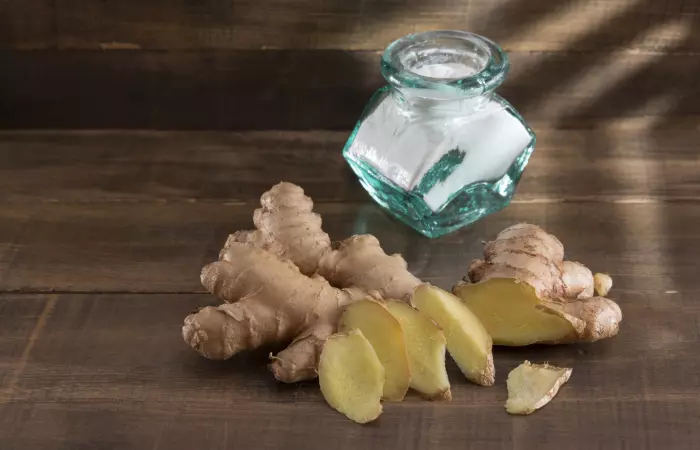
Ginger is widely known for its medicinal properties and is used in anti-dandruff products. It possesses antibacterial and anti-inflammatory properties and may help relieve dry and itchy scalp and flaking caused by dandruff. This way it may help keep your scalp clean and healthy (9), (10).
You Will Need
- A teaspoon of grated ginger
- 2 teaspoons of honey
- 1 teaspoon of baking soda
What You Have To Do
- Mix the grated ginger with honey and baking soda.
- Apply it directly to your scalp and leave it on for 10-15 minutes.
- Rinse with a mild, sulfate-free shampoo and cold water.
How Often You Should Do This
Apply the paste once a week to get rid of dandruff.
Note: Baking soda is alkaline and abrasive. Hence, it may make your scalp and hair dry. If you have dry hair, follow the rinse with a conditioner to keep your hair and scalp moisturized.
 Quick Tip
Quick TipThese baking soda combinations may help you get rid of dandruff. They may also be used for counteracting hair fall and other dandruff-related issues, like dryness/oiliness and itching. Once these issues are brought under control, it can give you healthy hair and scalp.
Infographic: 5 Ways To Use Baking Soda For Dandruff
Dandruff may not be a serious health issue, but it is surely one of the most annoying scalp problems. Those itchy flakes can cause an itchy scalp and may impact hair health. Don’t worry. There are ways to get rid of it.
Check out the infographic below to discover some of the most effective ways to use baking soda to deal with dandruff.

Illustration: StyleCraze Design Team
If you have often wondered how to get rid of dandruff, baking soda can come to your rescue! Baking soda can help remove dandruff and even give you a much-needed hair and scalp detox. It can also be used to prevent hair loss and other dandruff-related problems such as dryness, oiliness, and inflammation. Once these issues are resolved, your scalp may be able to restart normal hair growth. However, it is crucial to remember that the use of baking soda for dandruff is based on anecdotal evidence. As a result, it may or may not effectively treat dandruff. If your dandruff persists, try other home treatments or see a doctor.
Frequently Asked Questions
Are baking soda and baking powder the same?
No. Both are not the same. Baking soda is also known as sodium bicarbonate or bicarbonate of soda, which requires acid and liquid to activate. Whereas baking powder, which includes sodium bicarbonate and acid, only needs a liquid to become activated.
Note: Some people try to make a baking powder hair rinse or baking powder hair mask by mixing baking soda and baking powder. This mixture is thought to remove dandruff. However, there is currently no evidence to support this.
Does baking soda stop hair growth?
Baking soda doesn’t stop hair growth. However, over time, the high pH of baking soda can strip the natural oils from the hair and cause hair breakage.
Can I use baking soda as a substitute for shampoo?
Baking soda can be temporarily used as a shampoo substitute as it effectively removes excess oil and scrubs the scalp. It can also be used as a dry shampoo to absorb grease. However, you will need to use a regular or clarifying shampoo at least once in a week for deep cleansing.
Can baking soda cause any side effects or allergies?
Minor allergies or side effects of baking soda may include a burning and stinging sensation, dryness, flakiness, and in rare cases, nausea and swelling.
Illustration: How To Use Baking Soda For Dandruff
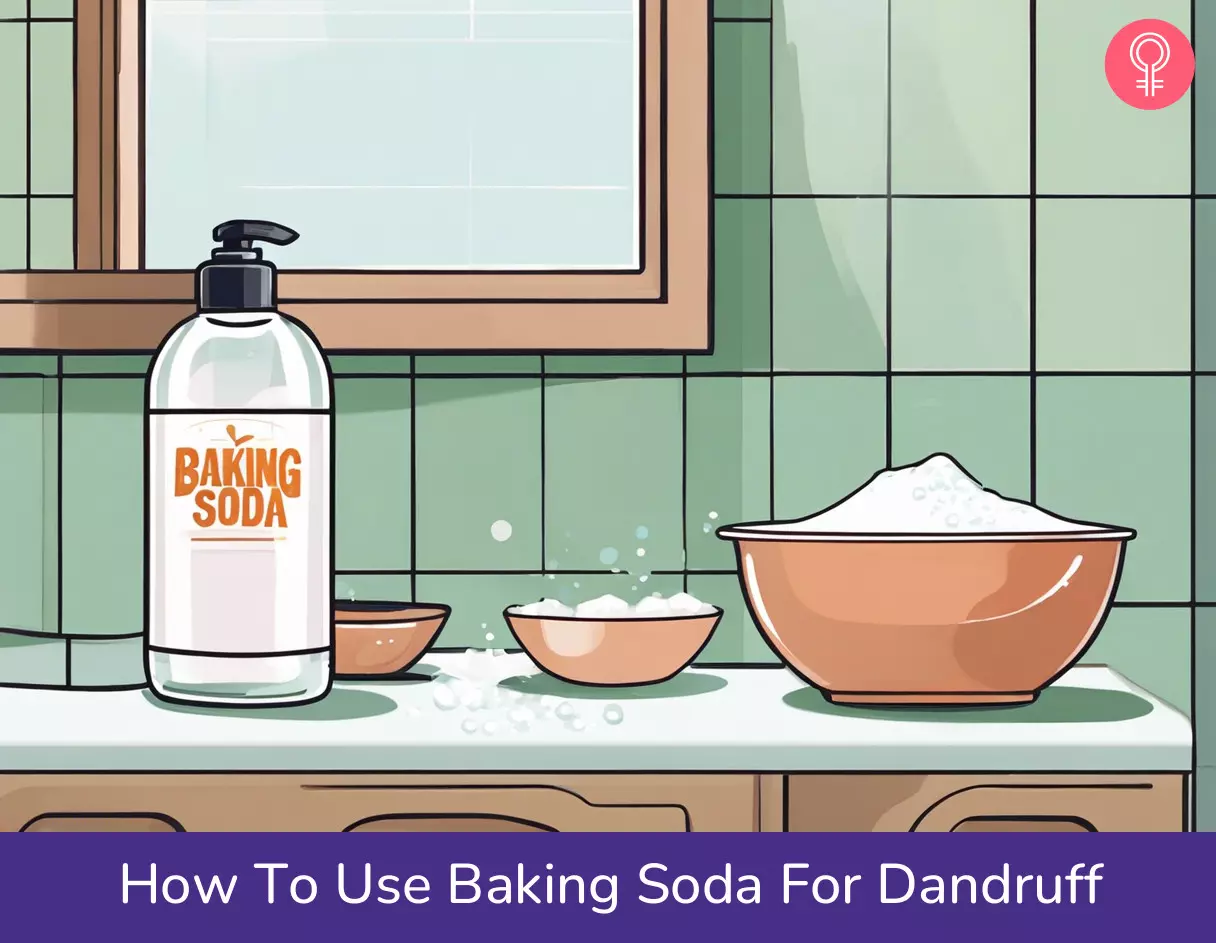
Image: Stable Diffusion/StyleCraze Design Team
References
Articles on StyleCraze are backed by verified information from peer-reviewed and academic research papers, reputed organizations, research institutions, and medical associations to ensure accuracy and relevance. Read our editorial policy to learn more.
- Antifungal activity of sodium bicarbonate against fungal agents causing superficial infections, Mycopathologia, US National Library Of Medicine, National Institutes Of Health.
https://pubmed.ncbi.nlm.nih.gov/22991095/ - Antimicrobial activity of apple cider vinegar against Escherichia coli, Staphylococcus aureus and Candida albicans; downregulating cytokine and microbial protein expression, Scientific Reports, US National Library Of Medicine, National Institutes Of Health.
https://www.ncbi.nlm.nih.gov/pmc/articles/PMC5788933/ - Phytochemical, antimicrobial, and antioxidant activities of different citrus juice concentrates, Food Science and Nutrition, US National Library Of Medicine, National Institutes Of Health.
https://www.ncbi.nlm.nih.gov/pmc/articles/PMC4708628/ - Ethnopharmacological survey of home remedies used for treatment of hair and scalp and their methods of preparation in the West Bank-Palestine, BMC Complementary Medicine and Therapies, US National Library Of Medicine, National Institutes Of Health.
https://www.ncbi.nlm.nih.gov/pmc/articles/PMC5499037/ - Naturally Occurring Hair Growth Peptide: Water-Soluble Chicken Egg Yolk Peptides Stimulate Hair Growth Through Induction of Vascular Endothelial Growth Factor Production, Journal Of Medicinal Food, US National Library Of Medicine, National Institutes Of Health.
https://pubmed.ncbi.nlm.nih.gov/29583066/ - Effect of mineral oil, sunflower oil, and coconut oil on prevention of hair damage, Journal of Cosmetic Science, US National Library Of Medicine, National Institutes Of Health.
https://pubmed.ncbi.nlm.nih.gov/12715094/ - Medicinal and cosmetic uses of Bee’s Honey – A review, AYU, Journal Of Medicinal Food, US National Library Of Medicine, National Institutes Of Health.
https://www.ncbi.nlm.nih.gov/pmc/articles/PMC3611628/ - Treatment of dandruff with 5% tea tree oil shampoo, Journal of the American Academy of Dermatology, US National Library Of Medicine, National Institutes Of Health.
https://pubmed.ncbi.nlm.nih.gov/12451368/ - Antibacterial activity and medicinal properties of Ginger (Zingiber officinale), Global Journal of Pure and Applied Sciences.
https://www.researchgate.net/publication/267779045_Antibacterial_activity_and_medicinal_properties_of_Ginger_Zingiber_officinale - Preparation & Assessment of Poly-Herbal Anti-Dandruff Formulation, The Open Dermatology Journal.
https://opendermatologyjournal.com/VOLUME/14/PAGE/22/PDF/#:~:text=Ginger%20juice%20can%20restore%20health,air%20loss%20caused%20by%20dandruff.
Read full bio of Dr. Meena Konada
Read full bio of Sucharita Mishra
Read full bio of Anjali Sayee
Read full bio of Swathi E






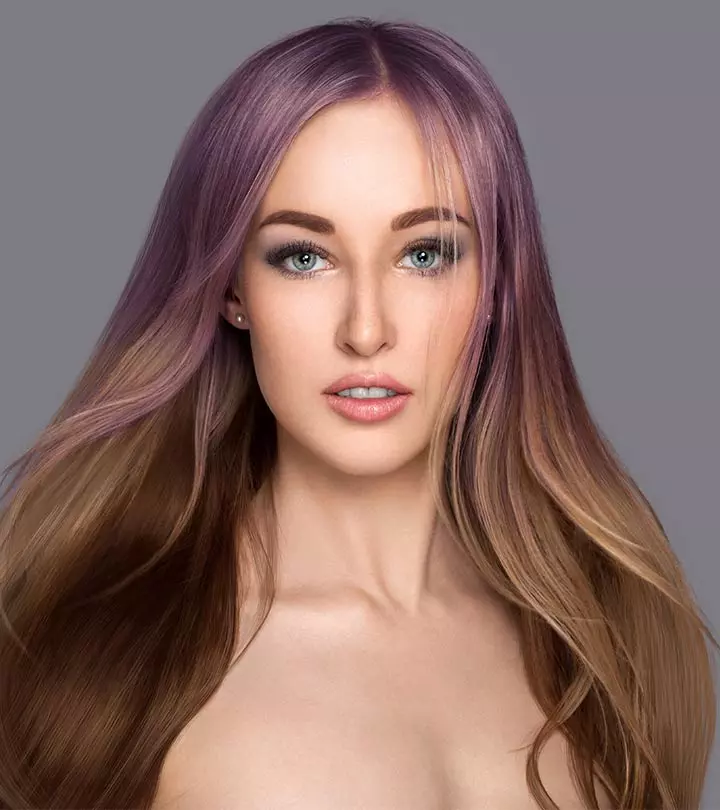
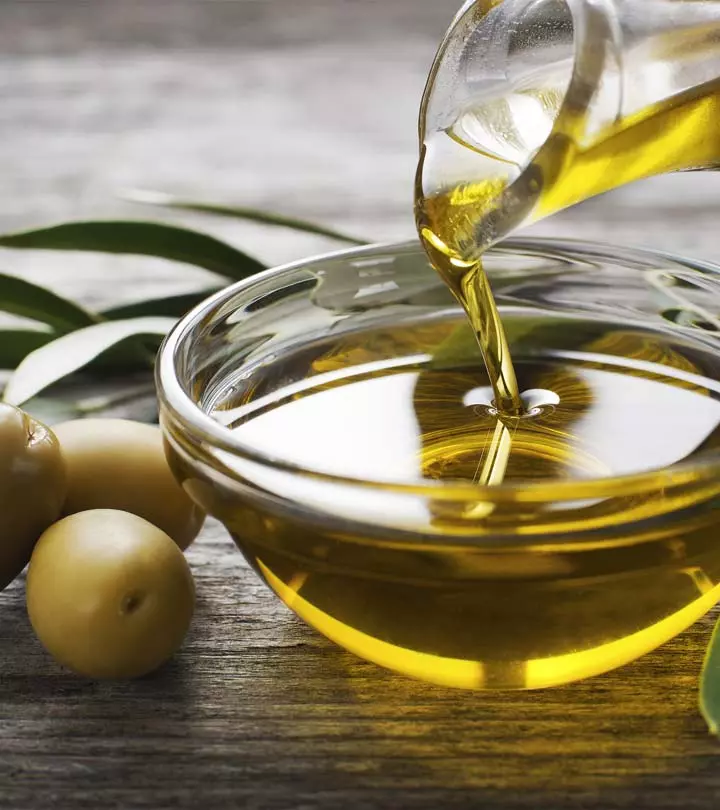
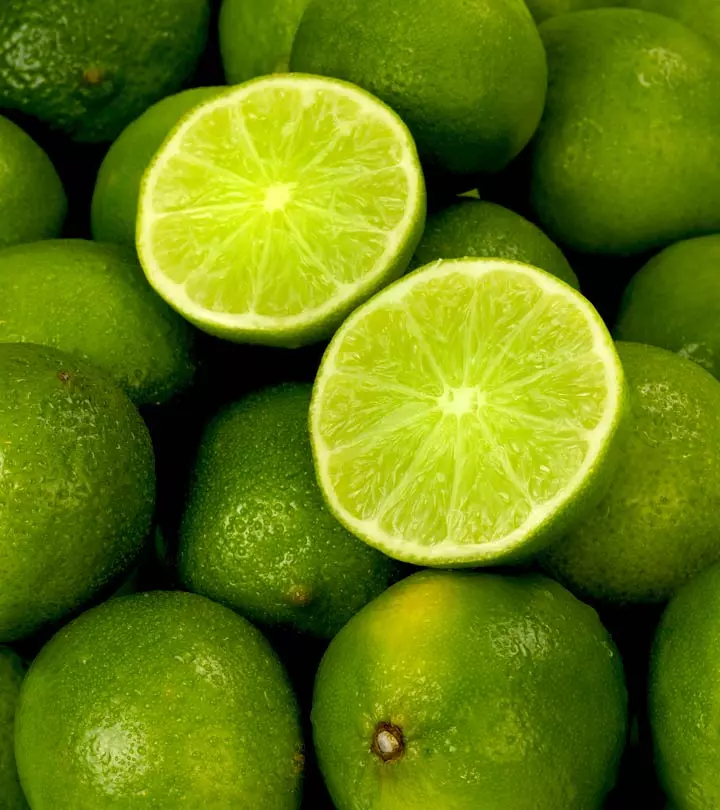
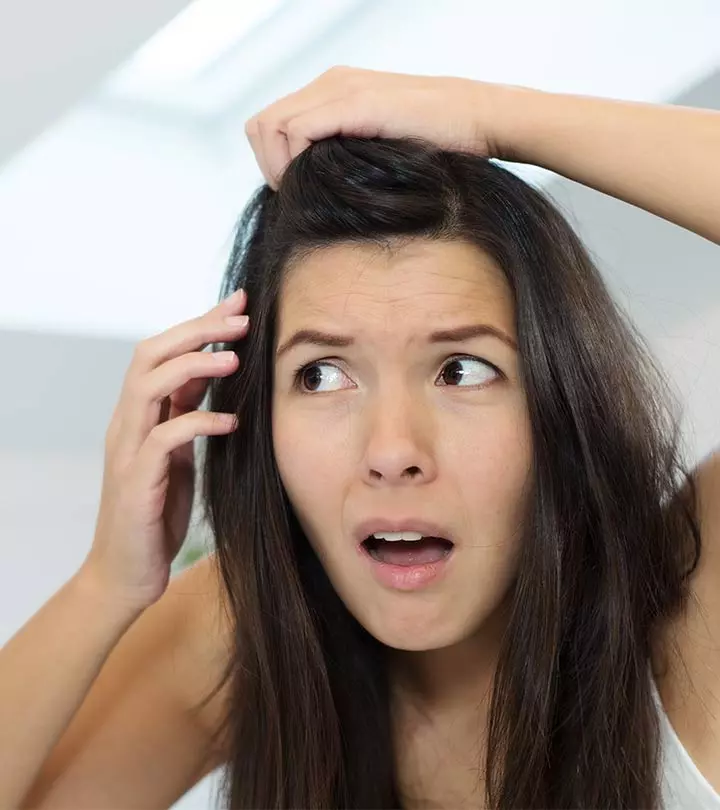
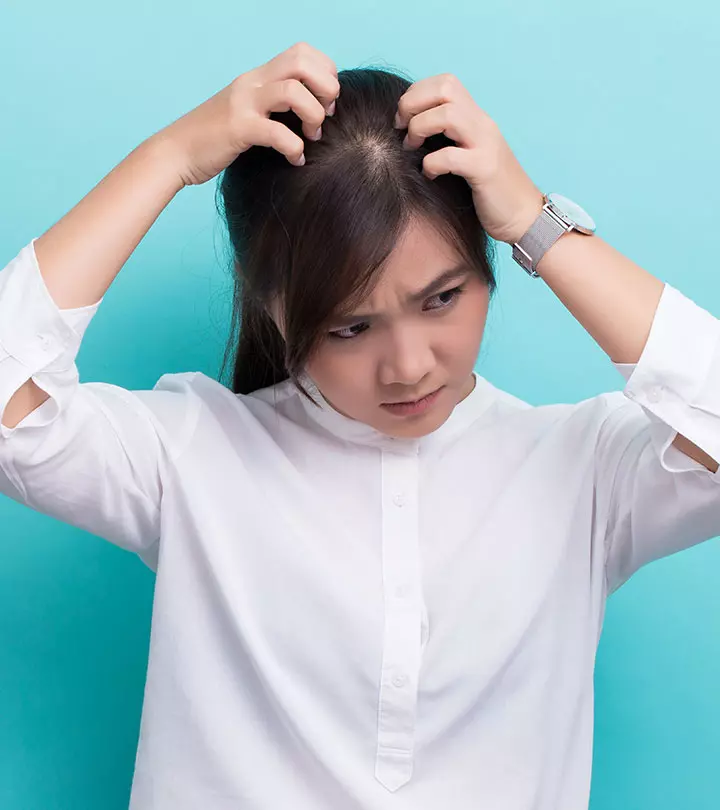
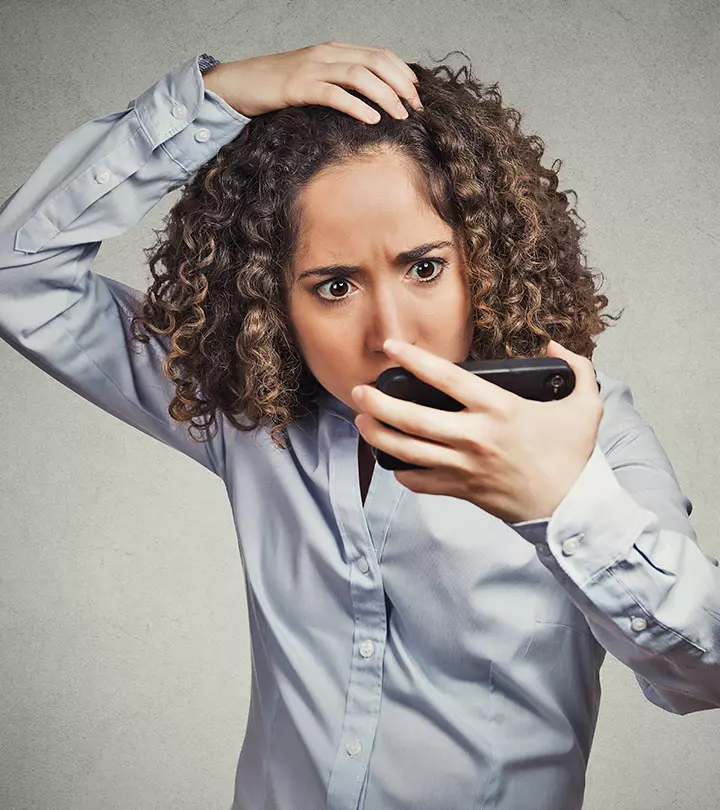
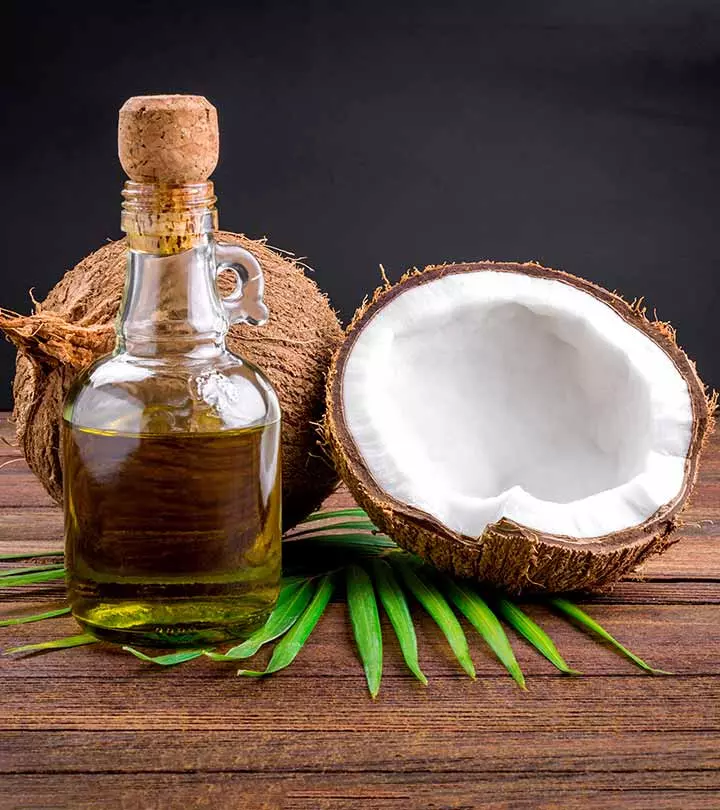
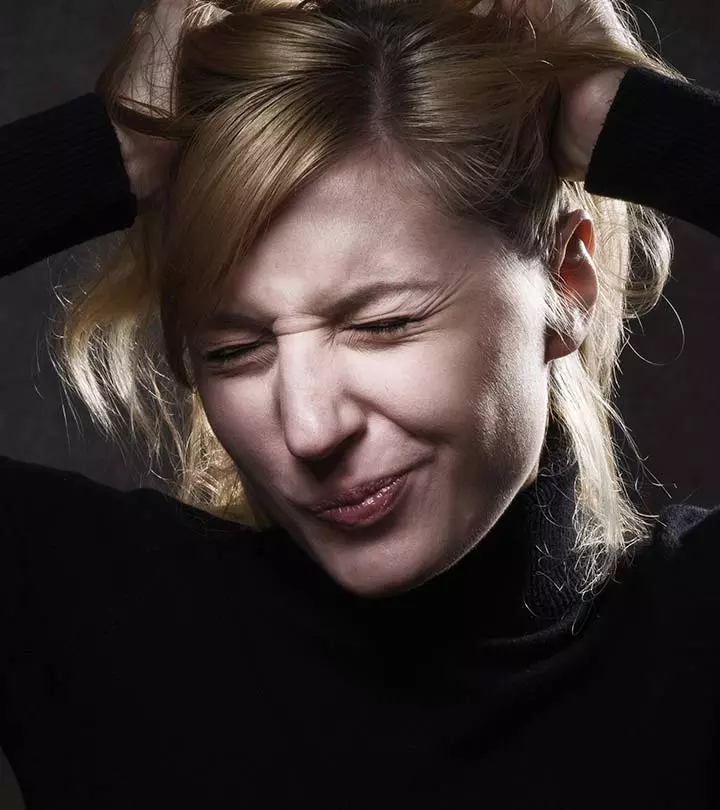
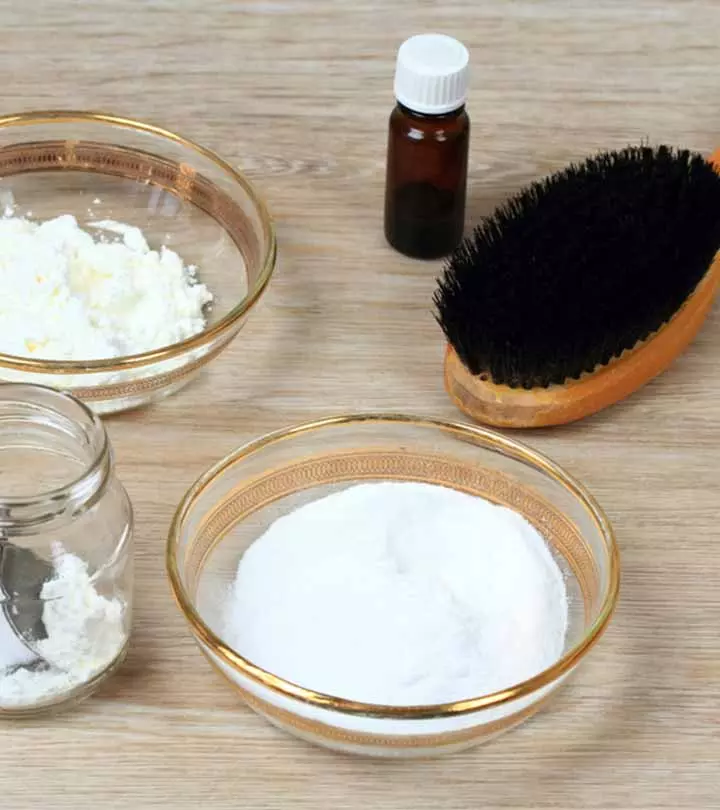
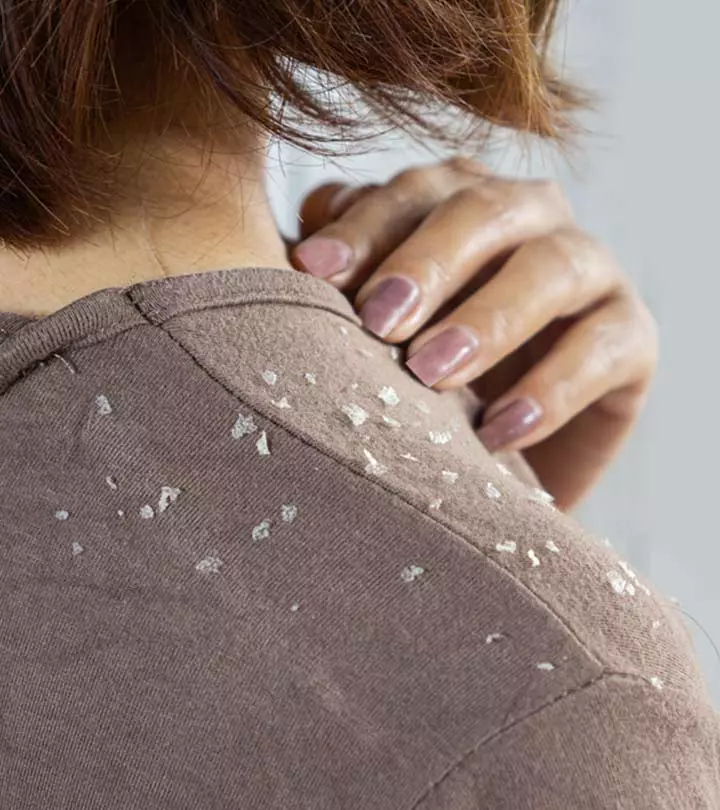
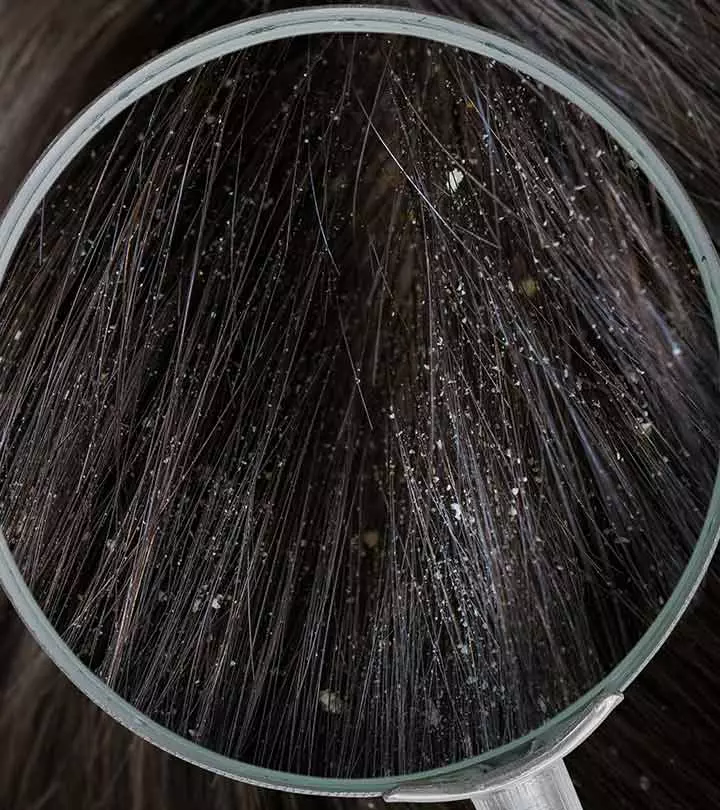
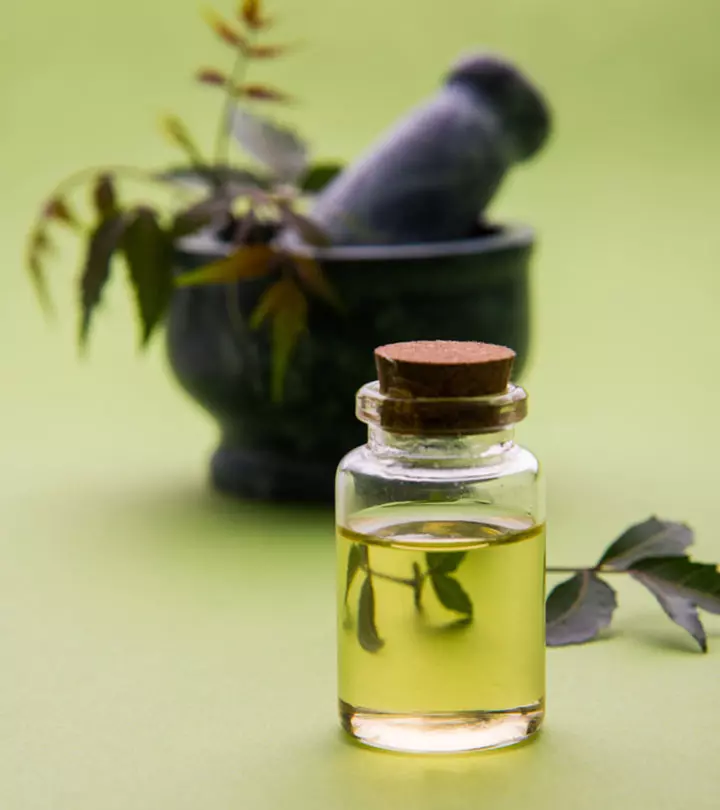
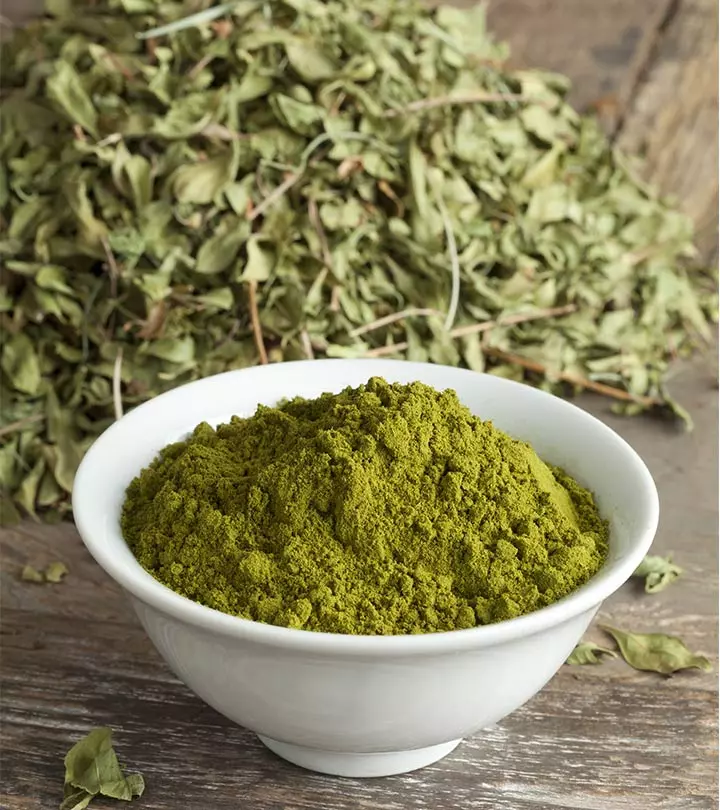
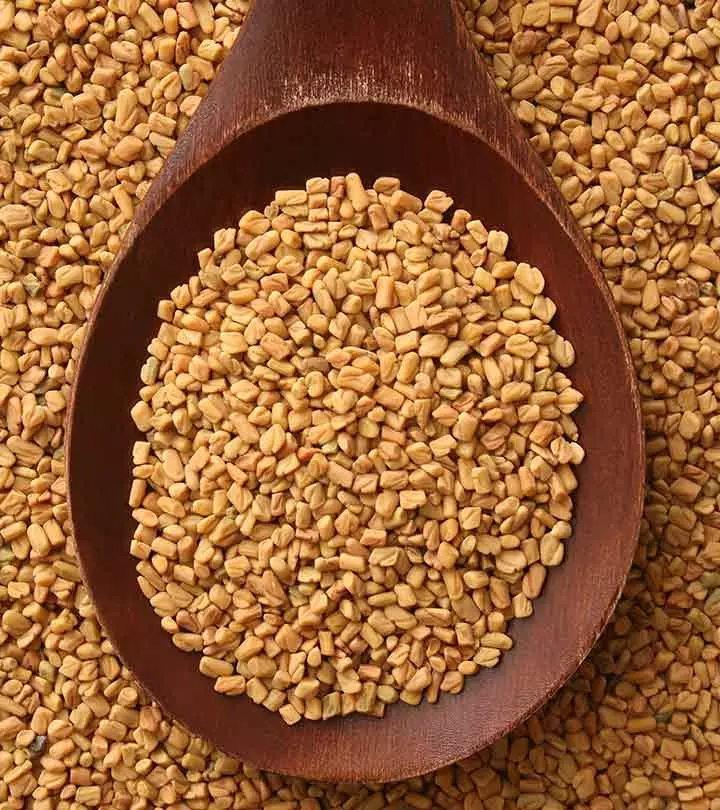
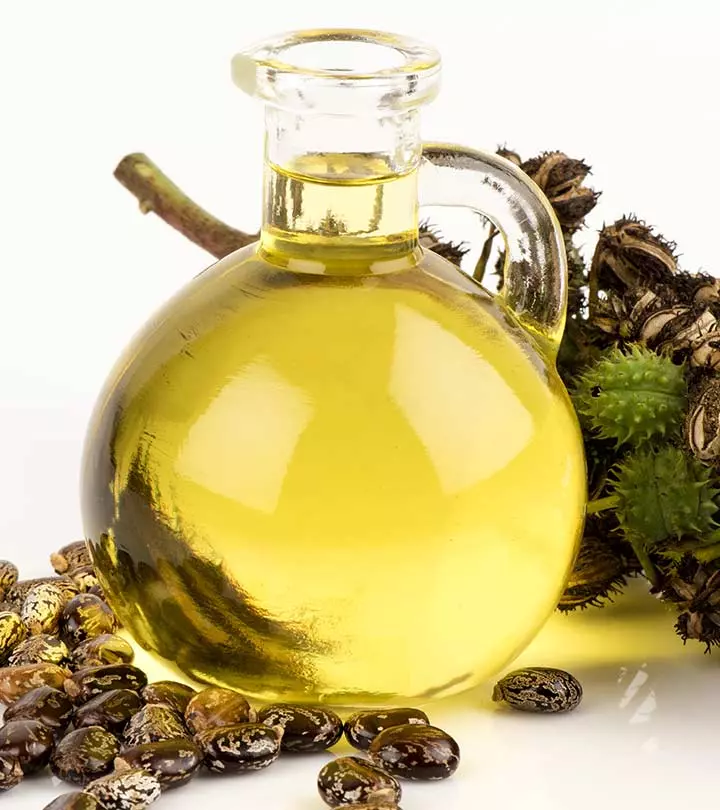
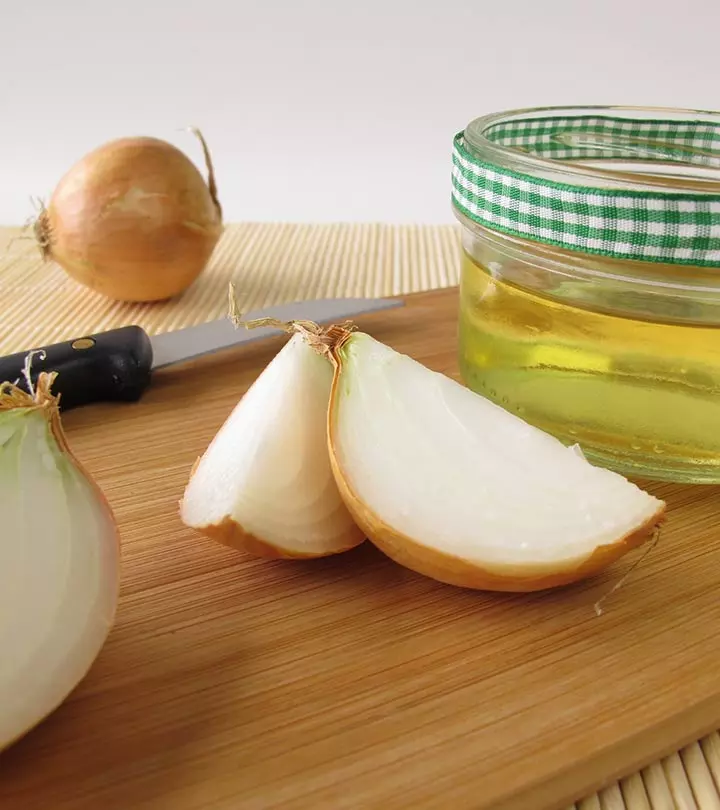
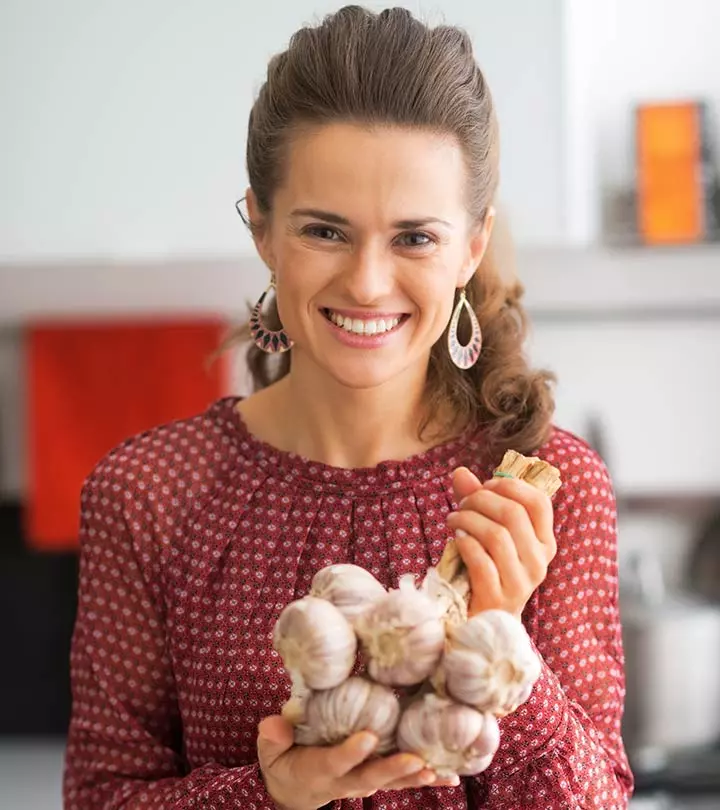
Community Experiences
Join the conversation and become a part of our empowering community! Share your stories, experiences, and insights to connect with other beauty, lifestyle, and health enthusiasts.